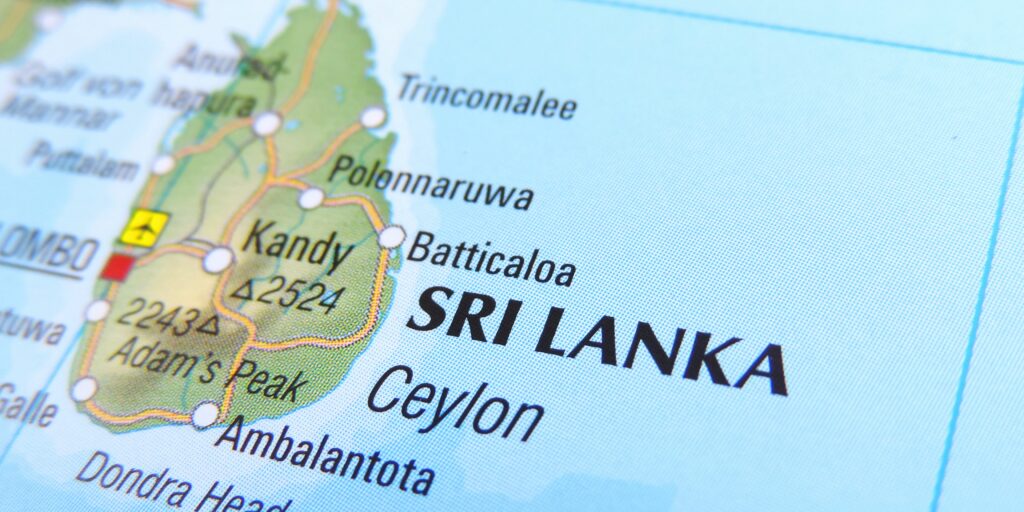The Red Cross today suspended delivery of supplies to displaced civilians after the Sri Lankan government blocked access to camps in northern Sri Lanka.
“There is no access to these camps at this particular moment,” a Red Cross official, speaking in Geneva, said.
There is growing international alarm about the plight of tens of thousands of Sri Lankans who arrived at the government-run camps with little more than the clothes on their backs.
Tens of thousands could now face up to two years behind razor wire.
Access to the camps is turning into a source of contention between the Sri Lankan government and international aid organisations.
The UNHCR refugee agency said: “Restrictions to enter the IDP [internally displaced people] sites imposed by the authorities over the weekend are hindering UNHCR’s ability to deliver assistance to the IDP sites [a vast area spanning 4,000 acres] in the district of Vavuniya, where a majority of the displaced population has been accommodated.
“This has undoubtedly hindered our ability to deliver assistance to the population in need.”
Aid groups say the situation on the ground has not changed since the UN secretary-general, Ban Ki-moon, met the Sri Lankan health minister, Nimal Siripala de Silva, yesterday.
Ban asked for full access to civilians in camps and near the battlefield where the Tamil Tiger rebels made their last stand.
The Red Cross has not been able to reach the battlezone since 9 May.
The UN has said at least 7,000 civilians were killed and 16,000 injured in the recent fighting.
“We want to make sure all the wounded are getting the care they need – there must be hundreds left,” Marçal Izard, of the Red Cross, said.
The government barred journalists and international aid workers from the war zone for months, allowing only the Red Cross to periodically send a boat to the area to deliver food aid and evacuate the wounded.
Under international humanitarian law, the lives of all those who are not fighting must be spared, the Red Cross reiterated.
In addition, wounded and sick people must be collected and cared for immediately, and detainees must be treated humanely.
The Sri Lankan military says troops rescued more than 60,000 civilians caught in the fighting in the final days and found several wounded people when the area was captured, but no one was in the hospital.
“There are no civilians still in that area. All of them have been evacuated,” Brigadier Udaya Nanayakkara, a military spokesman, said.
Relief groups have expressed concern over the plight of 200,000 displaced Sri Lankans, most of whom have been sent to government-run camps. Of those, 80,000 are children.
The biggest camp, at Menik Farm, near Vavuniya in the north, holds around 100,000 people.
Save the Children urged the Sri Lankan government to make the wellbeing of malnourished and traumatised mothers and children an urgent priority.
“Those now arriving in the overcrowded camps in Vavuniya, Jaffna and Trincomalee have in some cases walked distances of up to 80km [50 miles],” the organisation said.
“Many are wounded and most are traumatised. On arriving at the camps, at least 32% of the children are malnourished, some having gone days without food.”
Meanwhile, the Sri Lankan government was continuing to hold three doctors it accused of providing false casualty figures during the conflict.
Two of the doctors, Thangamuttu Sathiyamoorthyand V Shanmugarajah, are in police custody in Colombo.
The third, Thurairaja Varatharajah, is understood to be in hospital in Anuradhapura.
Some members of their families are being held in a heavily guarded section of the internment camp at Menik Farm, and human rights groups have called for their immediate release.
The government is understood to be considering a detention order for the doctors under Sri Lanka’s prevention of terrorism law.
An administrative officer, Vany Kumar, is also understood to be in custody.







